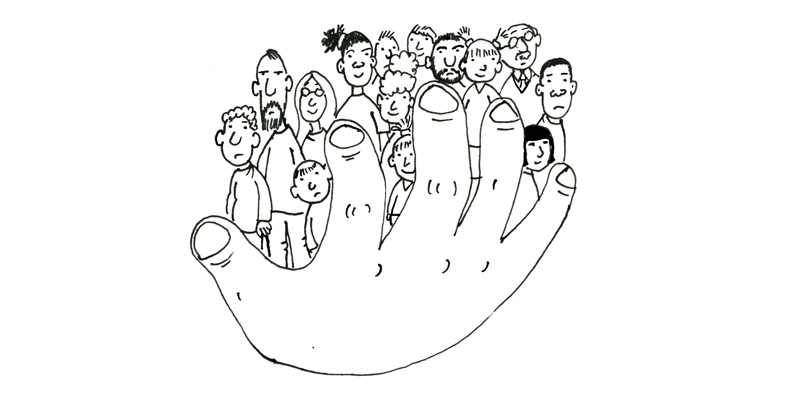3.1 Shared decision making
Shared decision making occurs when someone needs help with making some or all decisions. It concerns the continuous involvement of an individual other than the person whose decision it is. In terms of the decision making as it is being considered in this course, the person should be included as much as possible whether or not they have capacity. As far as possible, the decisions of a person who lacks mental capacity should be shared decisions, rather than decisions made on their behalf by someone else.
Box 2 gives examples of people who may be involved in helping someone who lacks mental capacity to make decisions. The primary decision maker is the person who lacks mental capacity. Usually, the more complex the decision, the greater the need to involve people with expertise in mental capacity, who are in the lower half of the list, although this is not a requirement.
Box _unit3.3.1 Box 2 People who may be decision makers
- The individual with or without capacity
- Next of kin – if they have capacity
- Members of the wider family
- Friends
- Members of community groups, churches, social organisations
- Employers
- Care staff
- Care home staff
- Social workers and social work managers
- GPs and medical staff, dental staff
- Police
- Lawyers
- The Court of Protection
